Research in land plants shows nanoplastics accumulating in tissues
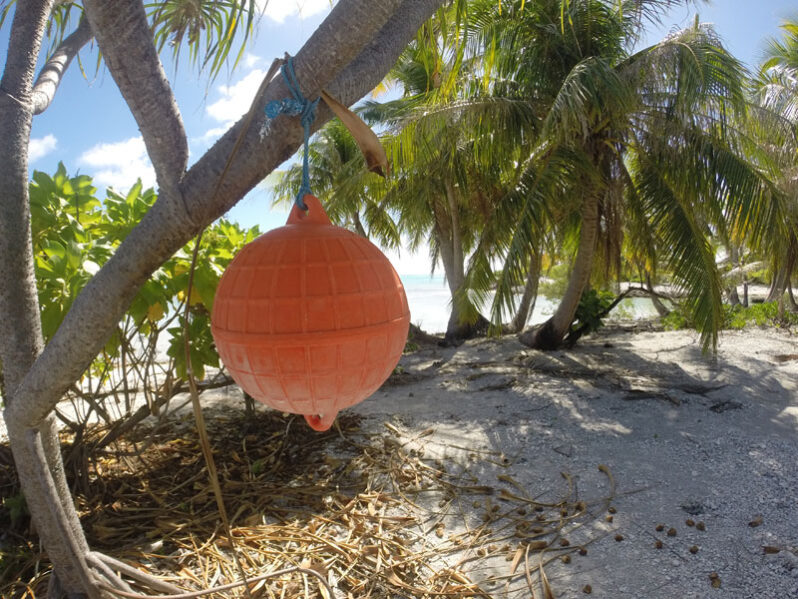
The latest findings provide direct evidence that nanoplastics can accumulate in plants. Plant accumulation of nanoplastics can have both direct ecological effects and implications for agricultural sustainability and food safety.
Back on Bonaire: Rediscovering Divers Paradise as a Father; A Book By Andrew Jalbert
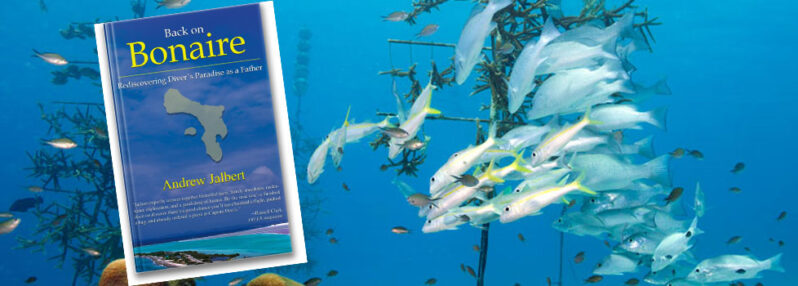
With its protected nearshore reef system, gem-clear seas, and sweeping conservation efforts, Bonaire has earned the title it boasts on its license plates: Diver’s Paradise. Andrew Jalbert’s “Back on Bonaire,” is the story of stitching together two very different worlds in an enjoyable, funny and at times touching account of introducing his son to his beloved Bonaire.
Why the Mediterranean is a climate change hotspot
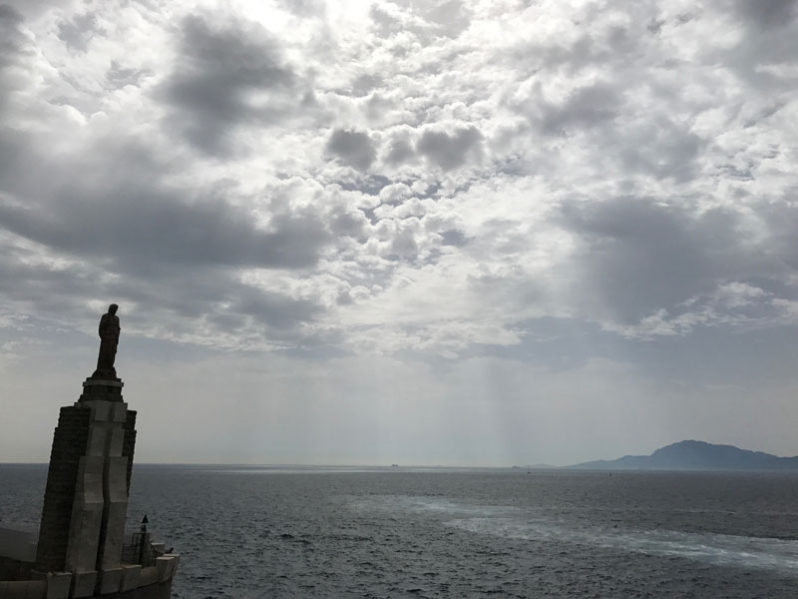
Although global climate models vary in many ways, they agree on this: The Mediterranean region will be significantly drier in coming decades, potentially seeing 40 percent less precipitation during the winter rainy season.
Overconsumption and growth economy key drivers of environmental crises
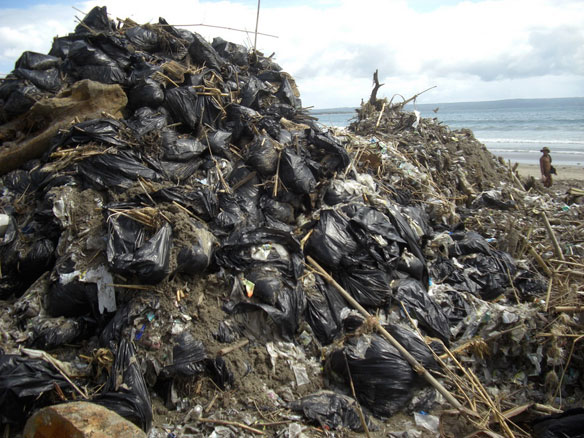
Researchers, led by a UNSW sustainability scientist, have reviewed existing academic discussions on the link between wealth, economy and associated impacts, reaching a clear conclusion: technology will only get us so far when working towards sustainability—we need far-reaching lifestyle changes and different economic paradigms.
Smooth handfish extinction marks a sad milestone

For the first time the IUCN Red List has officially declared a marine fish alive in modern times to be extinct.
How global regulators are selling out the world’s largest tuna
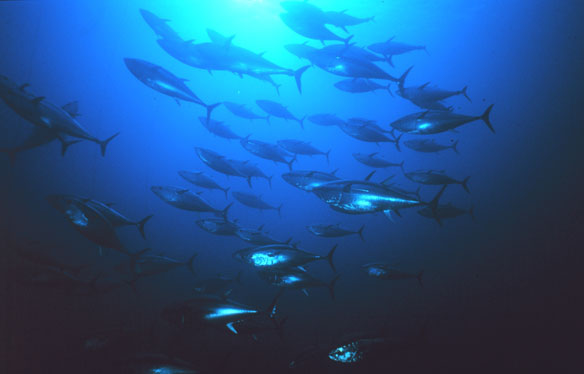
Detachment from life at sea is ingrained and widespread. To consent to the treatment of fish as nothing more than commodities is a stark example of speciesism, which assumes that humans — and especially the most privileged among us — are the center of the universe.
Scientists discover unusual underwater rivers along Australia’s coastline
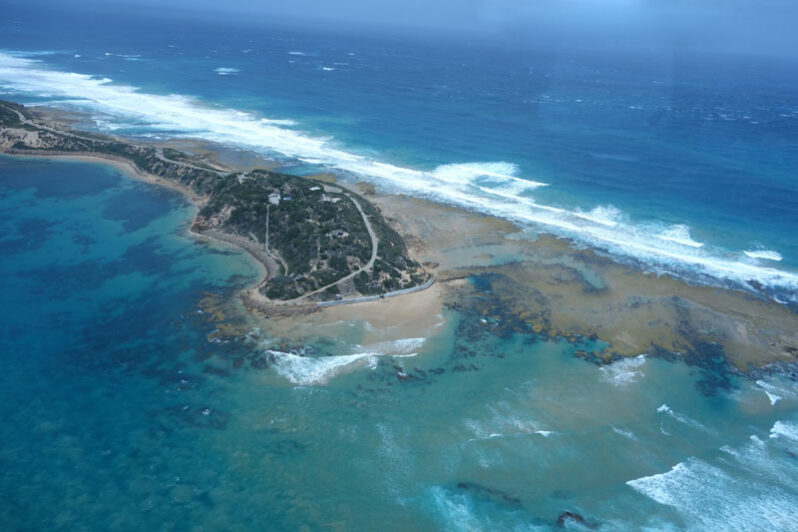
Scientists from The University of Western Australia have discovered underwater rivers along most of Australia’s continental shelf that are unique and do not occur at this scale anywhere else in the world.
‘Sea Nomads’ Are First Known Humans Genetically Adapted to Diving
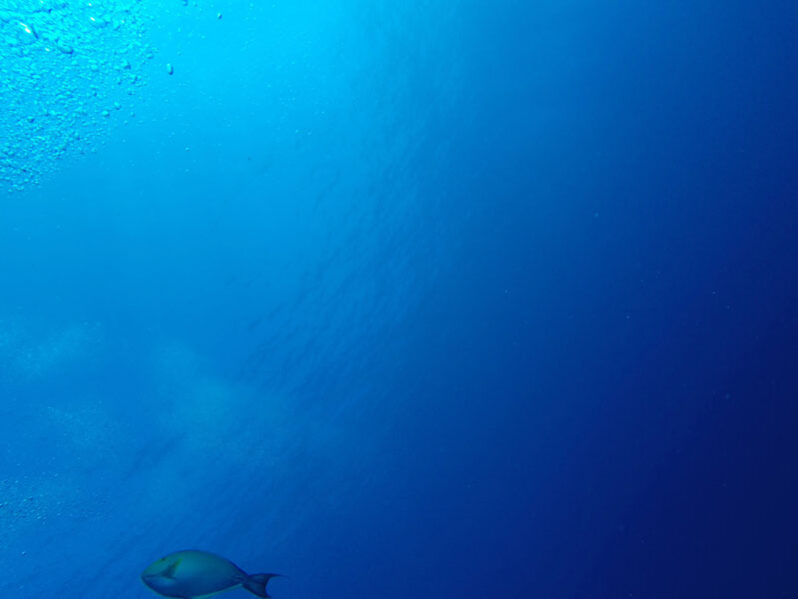
The Bajau people of Southeast Asia are among the most accomplished divers in the world. A study in the journal Cell offers the first clues that a DNA mutation for larger spleens gives the Bajau a genetic advantage for life in the deep.
Sea level rise will see 40pc of Australia’s beaches lost, predicts new study
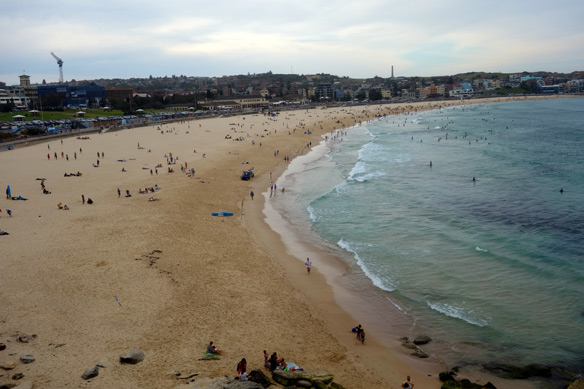
Beaches are a part of Australian life, and new research says that we’re going to lose about 40 per cent of Australia’s beaches over the next 80 years.
